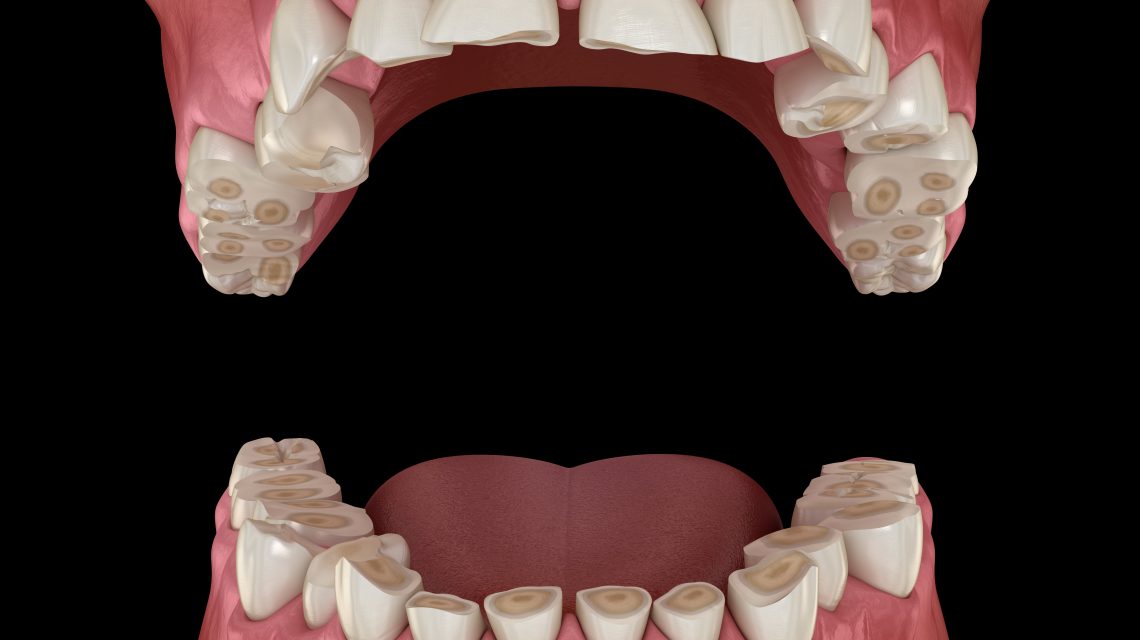The COVID-19 pandemic fundamentally changed how we operate. The world turned upside down in the blink of an eye, leaving its inhabitants scrambling to pick up the pieces. With all the scrambling came undue hardship, and with undue hardship came undue stress, which is notorious for wreaking havoc on the body. Bruxism – also known as teeth grinding – is often the result of stress. An estimated 20 million Americans already suffer from bruxism, but that number is rising. In fact, dentists agree the stress from the global pandemic is a contributing factor to the rise in bruxism.
How Bruxism Impacts Your Oral Health
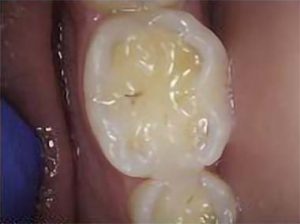
Up to 250 pounds of force are yielded during nighttime clenching and grinding. Such force can result in broken or chipped teeth, broken fillings, and increases the risk of tooth decay. When a person is bruxing during the night, tooth enamel – the protective layer of the teeth – is worn away, exposing the tooth’s dentin.
In more severe cases, loosening of the teeth may occur. Untreated bruxism leads to frequent dental visits.
As a result of the clenching, grinding, and exposed dentin, the affected teeth become very sensitive. Eating foods that are hot, cold, or crunchy can be extremely uncomfortable and sometimes painful.
Have a sweet tooth? Tread lightly. Sugar already posed a threat to healthy teeth, but without the protective layer of enamel, sugar feeds oral bacteria at an expedited rate.
It Doesn’t Stop There
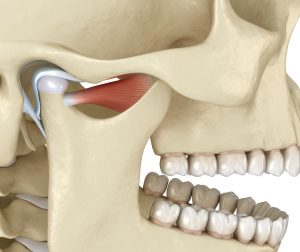
Bruxism also affects the temporomandibular joint (TMJ), a hinge that connects your jaw to your skull. Bruxism puts a lot of pressure on the joint, so it’s not uncommon to experience a clicking feeling, headaches, earaches, or general feelings of soreness.
If left untreated, tooth decay from bruxism can lead to heart disease. Bacteria from the decay seep into the bloodstream, causing an infection and weakening of the heart.
Bruxism is also a leading cause of gum recession, which creates yet another gateway for bacteria to infect the bloodstream.
Treatment Options
There is good news, though. Teeth can be fixed, a nightguard can help prevent damage to your teeth and gums, and your smile will look better than ever! With cosmetic dentistry, anything is possible. We specialize in several different treatment options, each based on the severity of damage.
- Composite Fillings: Ideal for cavities caused by grinding. If there is still usable enamel left on the teeth, a dentist may recommend a composite filling as a more conservative approach.
- Dental Bonding: Ideal for chipped or lightly cracked teeth caused by clenching and grinding. The material is made up of composite filling and color-matched to the shade of the patient’s teeth.
- Porcelain Crowns: Ideal for teeth with significant wear and exposed dentin.
- Dental Implants: Ideal for loose, broken or abscessed teeth.
- Acrylic Dayguards: Ideal for anyone experiencing daytime bruxism. A dayguard acts as a barrier that pauses premature wear and tear caused by bruxism.
- Acrylic Nightguards: Ideal for anyone experiencing nighttime bruxism. A nightguard acts as a barrier that pauses premature wear and tear caused by bruxism.
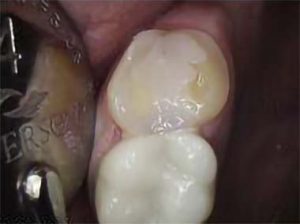
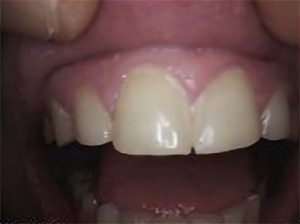
When To See The Dentist
 Pay attention to your teeth. If you are experiencing increased tooth sensitivity or pain when chewing, it’s time to reach out. Preventative care is also crucial for addressing problematic conditions such as bruxism. As dentists, we recommend dental screenings every six months, at a minimum. Cleanings are usually done the same day. Give us a call at 440-888-6449 or send us an email to request an appointment.
Pay attention to your teeth. If you are experiencing increased tooth sensitivity or pain when chewing, it’s time to reach out. Preventative care is also crucial for addressing problematic conditions such as bruxism. As dentists, we recommend dental screenings every six months, at a minimum. Cleanings are usually done the same day. Give us a call at 440-888-6449 or send us an email to request an appointment.

